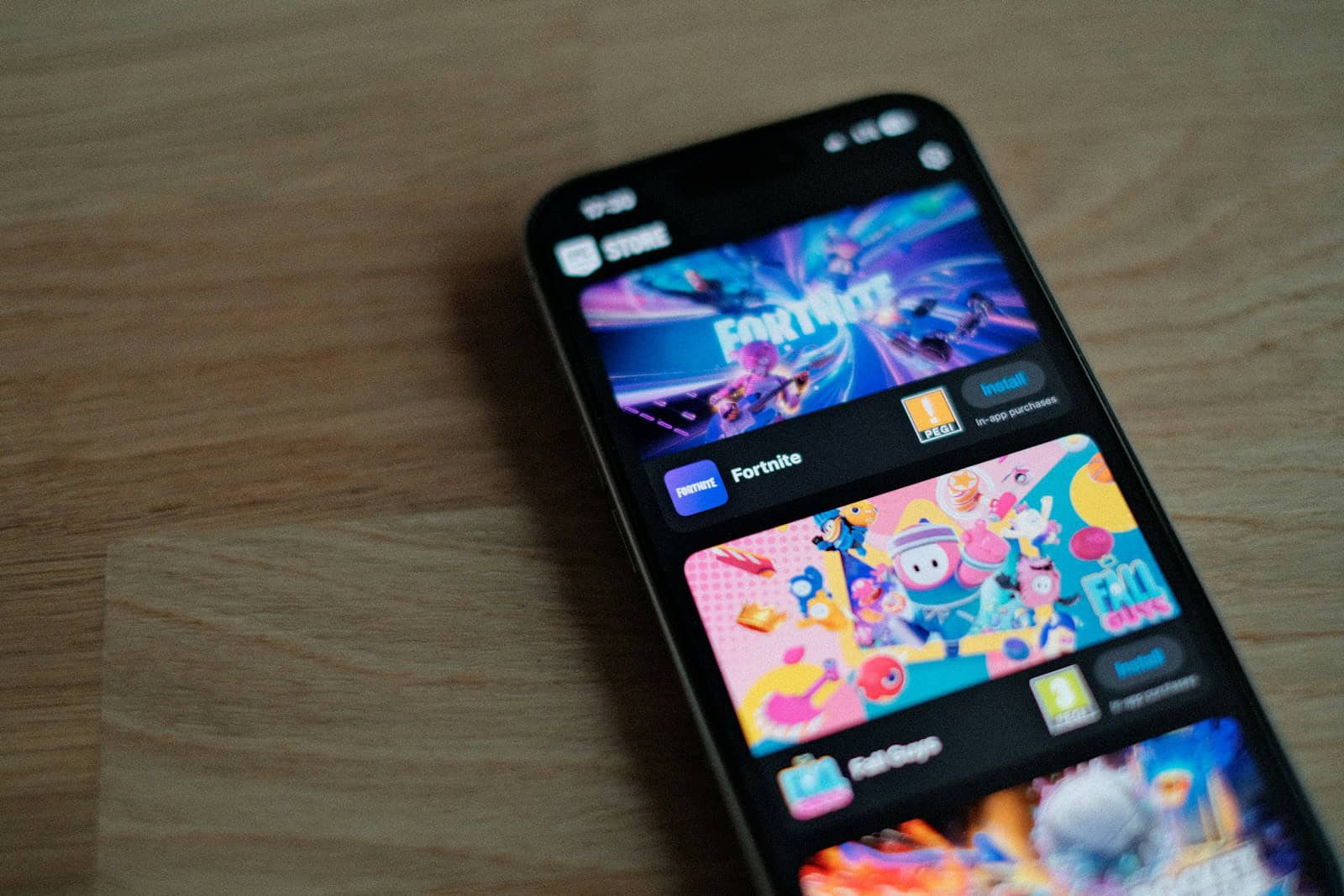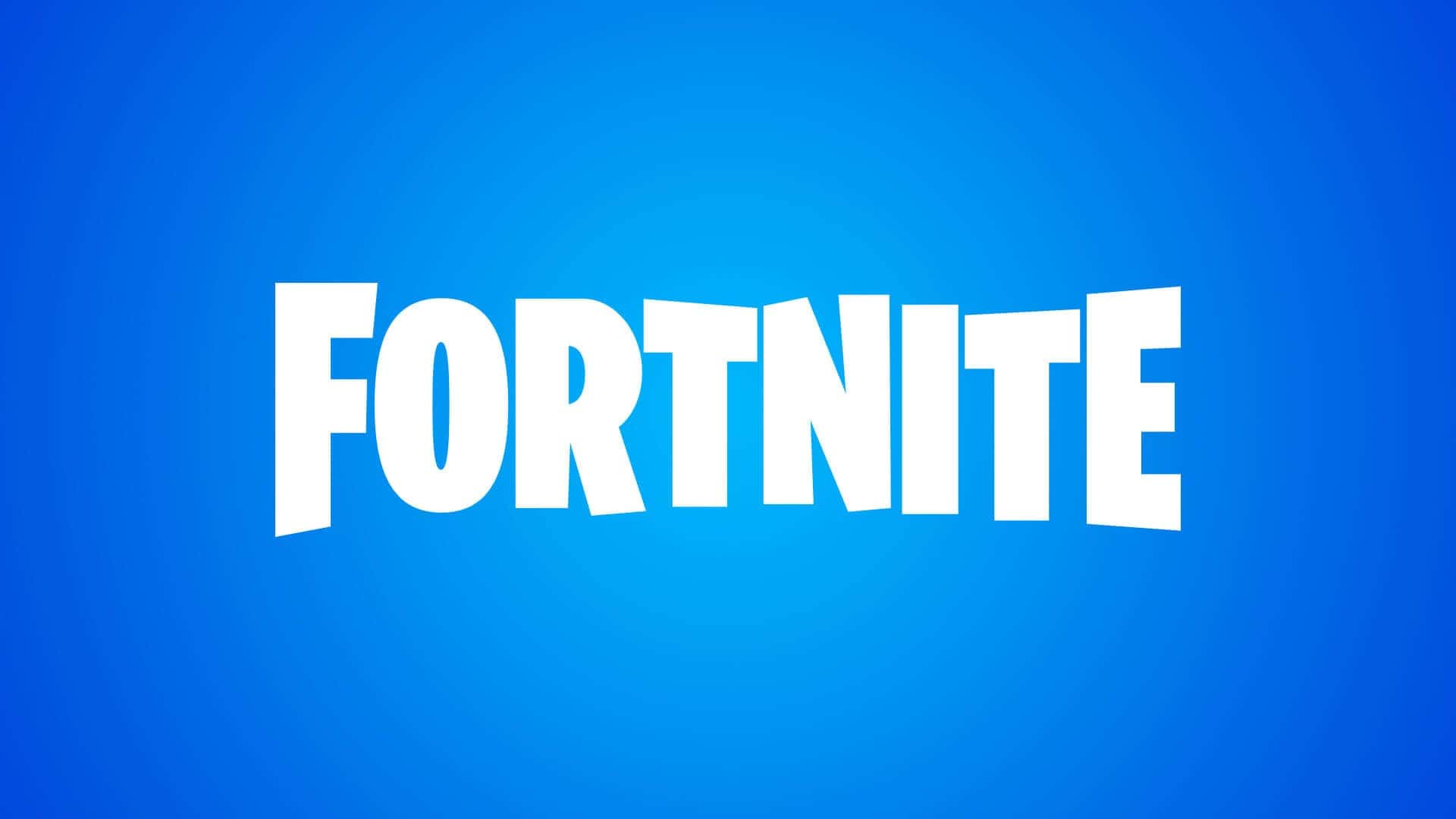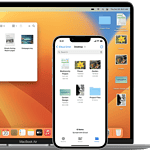More than four years after Fortnite was removed from the iOS App Store, the iconic battle royale game is still locked out for millions of iPhone users in the United States. Despite Epic Games’ renewed efforts to bring Fortnite back to Apple’s ecosystem, the tech giant has yet to greenlight the submission—escalating an already intense rivalry into a fresh public standoff in 2025.
Epic’s Submission Hits a Wall
On May 9, 2025, Epic Games formally resubmitted Fortnite for iOS review in the U.S. App Store. When Apple failed to respond after five days, Epic pulled the submission and tried again on May 14. According to CEO Tim Sweeney, the silence wasn’t just procedural—it felt intentional. “Apple is stonewalling Fortnite,” he said, accusing the company of obstructing the approval process without providing any technical justification.

What’s making the situation more complicated is that Fortnite has returned to iOS—but only in Europe, where the Digital Markets Act (DMA) now forces Apple to allow third-party app stores. Epic launched its own app store on iOS there, complete with Fortnite, signaling it could do the same in the U.S. if regulatory conditions changed.
The Legal Battle That Refuses to End
This latest chapter is rooted in a legal war that began in 2020 when Apple banned Fortnite for bypassing the App Store’s payment system. Epic sued, and while the court ruled Apple had to allow developers to inform users about alternative payment methods, Apple’s workaround—a 27% commission on external purchases—was slammed in court.
In April 2025, a federal judge ruled Apple violated a 2021 injunction and referred the company for possible criminal contempt charges. That decision added legal pressure, but it hasn’t changed Apple’s behavior—at least not yet.
Behind Epic’s Broader Strategy
While the legal system grinds forward, Epic is doubling down on its own ecosystem. The company recently expanded its Epic Rewards program, offering players 20% back on all purchases made through Epic’s direct payment channels. The rewards span across Fortnite, Rocket League, and Fall Guys, giving players even more reason to ditch Apple’s payment pipeline.
This push underscores Epic’s long-term strategy: make its ecosystem too valuable to ignore and gradually shift users toward alternative app distribution models—whether Apple likes it or not.
Fan Frustration and Speculation
Online, the stalemate has sparked heated discussion. Some Redditors speculate that Sweeney may be holding out for better terms rather than being blocked outright. Others believe Apple is simply dragging its feet to stall Epic’s momentum.
The fact that Fortnite is already live in Europe but stuck in limbo in the U.S. has only intensified the perception that Apple is resisting changes mandated by regulators. Meanwhile, U.S. iOS users are left watching from the sidelines while Android and European iPhone players enjoy full access.
What Happens Next?
There’s no official word on when—or if—Apple will approve Fortnite’s return in the U.S. The game’s reinstatement has become a litmus test for how far Apple is willing to go to preserve its App Store dominance in the face of legal and public scrutiny.
Epic, for its part, seems unwilling to compromise. As the court cases mount and regulatory reforms loom, the company continues to bet on a future where closed ecosystems give way to open platforms. Until then, Fortnite’s iOS comeback in the U.S. remains just out of reach.
Key Takeaways
- Fortnite remains unavailable on iOS as Apple has not approved its App Store submission for over four days.
- Epic CEO Tim Sweeney claims Apple is deliberately obstructing the approval process.
- The situation highlights ongoing tensions between Epic Games and Apple over App Store policies.
Current Status of Fortnite on iOS
Fortnite remains unavailable on iOS devices despite Epic Games’ recent attempts to return to the Apple App Store. The game has been absent from iOS since August 2020 when Apple removed it due to payment system disputes.
Apple’s App Store Approval Process
Apple’s review process for Fortnite has become a point of contention in recent days. According to recent reports, Epic’s application has been stuck in review for over 100 hours. This unusual delay has raised questions about Apple’s intentions regarding the game’s return.
The standard App Store review typically takes 24-48 hours for most apps. However, high-profile applications like Fortnite may receive additional scrutiny.
Apple hasn’t provided any public explanation for the delay. Their silence has fueled speculation among developers and players alike about potential behind-the-scenes negotiations or policy concerns.
The company’s review guidelines require apps to follow specific rules about in-app purchases and content. These guidelines were central to the original dispute with Epic Games.
Epic Games’ Efforts to Bring Fortnite Back
Epic Games has taken multiple steps to return Fortnite to iOS devices. Most recently, the company withdrew its initial submission and resubmitted the application after receiving no response from Apple.
Epic CEO Tim Sweeney has been vocal about the situation, publicly questioning why Apple hasn’t approved the game. He has indicated that Fortnite is ready to return to the App Store immediately.
The new submission comes after Epic made changes to comply with Apple’s requirements. These adjustments followed years of legal battles between the two companies over App Store policies and fees.
Epic’s persistence highlights the importance of the iOS market for game developers. The company has maintained that its goal is to offer Fortnite to all players regardless of platform.
Impact on iPhone and iPad Users
iOS users have been unable to download new versions of Fortnite for nearly five years. Players who previously installed the game can only access an outdated version lacking current features and content.
This absence affects millions of potential players. Many iOS users have resorted to alternative methods to play:
- Cloud gaming services (where available)
- Playing on other devices (consoles, PCs, Android)
- Using browser-based versions with limited functionality
The continued absence creates a significant competitive disadvantage for iOS users in cross-platform gameplay. New seasons, character skins, and game mechanics remain inaccessible to those relying solely on Apple devices.
Young players are particularly affected, as many primarily access games through family iPads or iPhones rather than dedicated gaming systems.
Underlying Disputes and Broader Implications
The ongoing tension between Apple and Epic Games highlights fundamental conflicts about control, revenue sharing, and competition in digital marketplaces. These disputes reach beyond a single app and touch on global regulatory concerns that affect many developers.
Legal Battle Between Apple and Epic Games
The conflict between Apple and Epic Games dates back to 2020, when Epic challenged Apple’s 30% commission on in-app purchases. Epic deliberately broke App Store rules by adding a direct payment option in Fortnite, bypassing Apple’s payment system.
This led to Apple removing Fortnite from the App Store. Epic responded with a lawsuit, claiming Apple’s practices were anti-competitive. The legal battle has been ongoing for years.
A key point of contention was that the ban resulted from Epic violating the Terms of Service, not from the legal ruling itself. This distinction matters because it affects how and when Fortnite might return to iOS.
Tim Sweeney, Epic’s CEO, has remained vocal throughout this fight, positioning Epic as standing up for all developers against what he calls unfair practices.
Antitrust Challenges and the Digital Markets Act
The Epic-Apple dispute coincides with growing antitrust scrutiny worldwide. The EU’s Digital Markets Act (DMA) specifically targets large tech platforms like Apple, requiring them to open their ecosystems to competitors.
Under DMA pressure, Apple has made changes to its European operations, including allowing alternative app stores and payment systems. However, critics say these changes come with new fees that still limit competition.
In the U.S., court decisions have ordered Apple to allow developers to link to external payment options, but stopped short of forcing Apple to open its platform completely.
These regulatory challenges reflect growing concern about the power of digital gatekeepers. The outcomes will likely shape how app stores operate globally for years to come.
Implications for App Developers and Marketplaces
For developers, this fight represents more than just Fortnite’s return. It’s about who controls distribution and what share of revenue goes to platform owners.
If Epic succeeds in getting Fortnite back on iOS with its own payment system, it could open doors for other developers to challenge Apple’s rules. Many smaller developers watch from the sidelines, unable to risk the kind of ban Epic faced.
The current limbo status of Fortnite’s submission—stuck in review for days—shows the practical challenges of these disputes. Even with legal victories, getting approval isn’t automatic.
Epic’s push to establish its Epic Games Store on mobile platforms represents a direct challenge to the current app store model. This could create more options for how games and apps reach users.
Frequently Asked Questions
Many iOS users wonder about Fortnite‘s current status on their devices. Epic Games has been trying to get Fortnite back on the App Store since Apple made changes to comply with new regulations.
What led to the removal of Fortnite from the iOS App Store?
Fortnite was removed from the App Store in 2020 after Epic Games added a direct payment option. This payment method bypassed Apple’s 30% commission on in-app purchases.
The move was part of Epic’s planned challenge to Apple’s App Store policies. Epic CEO Tim Sweeney has been vocal about wanting more open digital marketplaces.
Are there any official statements from Apple regarding Fortnite’s status on their platform?
Apple has been mostly quiet about Fortnite’s current submission status. They haven’t released detailed statements explaining why the approval process is taking so long.
According to recent information, Apple seems to be not in a rush to approve the revamped Fortnite app. This has frustrated Epic Games executives.
Is there a legal dispute affecting Fortnite’s availability on iOS devices?
Yes, a major legal battle between Epic Games and Apple has impacted Fortnite’s iOS availability. The court case established that Apple is not required to allow Fortnite on the App Store.
However, recent regulatory changes now require Apple to allow U.S. developers to direct customers to alternative payment methods. This opened a path for Epic to resubmit Fortnite to the App Store.
What alternatives do iOS users have to play Fortnite on their devices?
iOS users can play Fortnite through cloud gaming services like Xbox Cloud Gaming or GeForce NOW. These services run the game on remote servers and stream it to your device.
Another option is using web-based game streaming through Safari browser. While not as smooth as a native app, it provides access to the game.
Has Epic Games provided any workarounds to access Fortnite on iOS?
Epic Games has promoted cloud gaming options as temporary solutions. They’ve partnered with NVIDIA’s GeForce NOW to improve the streaming experience.
Epic has also created a mobile-optimized version of Fortnite for browser play. This version works through Safari but has some performance limitations compared to a native app.
What future developments can be expected concerning Fortnite’s re-entry into the iOS App Store?
Epic Games has resubmitted Fortnite after their original submission went unreviewed for over 5 days. The company is pushing for approval while accusing Apple of obstruction.
The timeline for approval remains unclear. Epic CEO Tim Sweeney continues to put public pressure on Apple through social media and press statements about the delayed approval process.







